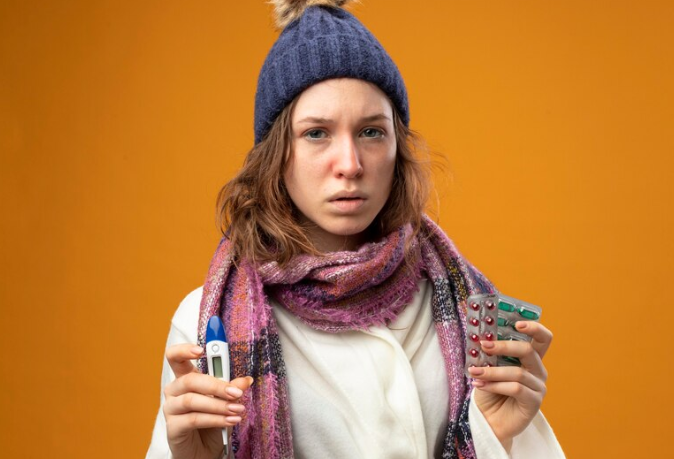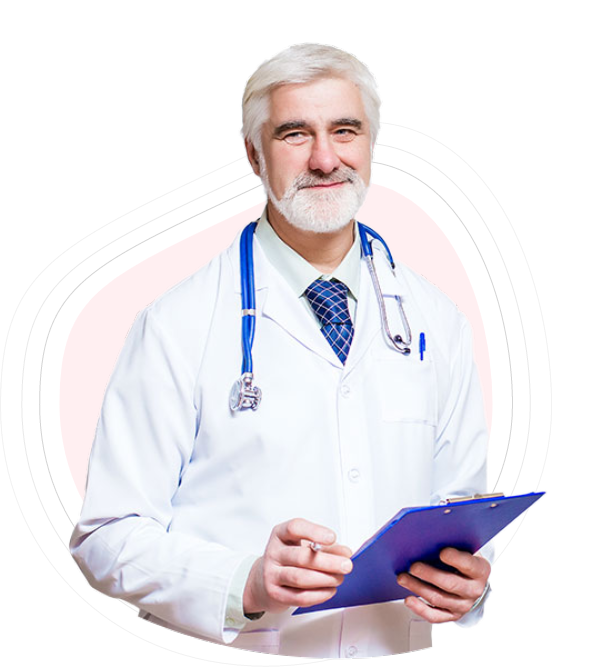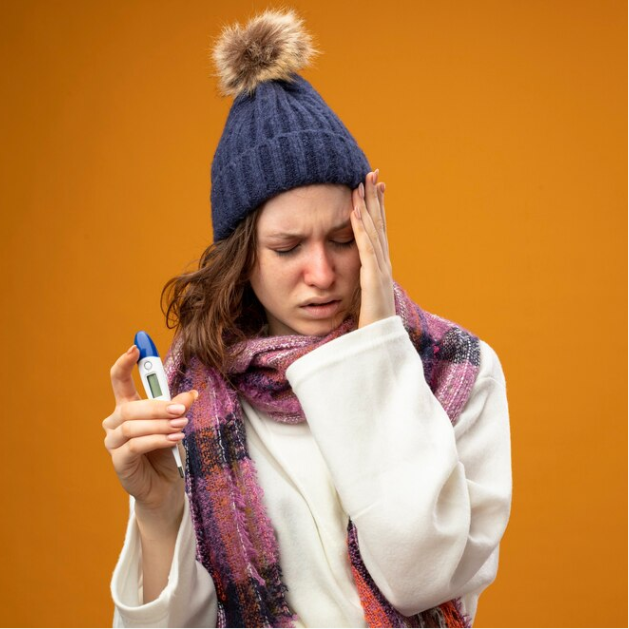Get Cold Sore Prescription Online - Start Treatment with an Online Doctor for Cold Sore
Same-day online doctor visits from a phone, tablet or computer. No need to make an appointment and wait for hours to be seen. Complete a consultation form, and a doctor will start treatment. Cold Sore medication online is issued by a board-certified licensed medical provider and sent directly to your local pharmacy. Some symptoms of oral herpes include painful ulcers, commonly known as fever blisters or cold sores. They appear on the lips or all around the mouth. Infected persons typically experience tingling, itching, or burning around the mouth right before the appearance of the cold sores. Effective medications recommended for the treatment of oral herpes are antiviral medications, such as valacyclovir, acyclovir, and famciclovir. These medications can prevent cold sores or shorten outbreaks. Daily suppressive therapy can also reduce the likelihood of transmission to partners.
What Is a Cold Sore?
A cold sore is a small blister filled with fluid that usually appears on or around the lips. They are caused by the herpes simplex virus (HSV), usually HSV-1 but also HSV-2. Stress, tiredness, being in the sun, hormonal changes, and sickness (like the flu or cold) can cause cold sores to appear. Stay away from infected people, don't share personal things, and practice good hygiene to lower your risk of spreading the virus. Putting on lip balm with sunscreen can also help stop breakouts caused by the sun. Once someone gets infected with HSV, the virus stays in their body but is dormant. It can wake up and cause cold sores to appear again and again.
What Causes a Cold Sore?
The herpes simplex virus (HSV) is the leading cause of cold sores. This virus comes in two different types: HSV-1 and HSV-2. HSV-1 usually causes cold sores, but they can also be caused by HSV-2, which is generally found in people with genital herpes.
Initial HSV infection is spread through kissing or sharing utensils, towels, or razors with someone with an active cold sore for HSV-1 and through sexual interaction for HSV-2. When HSV enters the body, it goes to nerve cells and can stay there long without doing anything. There are no symptoms during times of dormancy.
When the immune system becomes weaker due to stress, viruses spread throughout the body. Infections like the flu or a cold can also trigger a spread. Lack of sleep or being too tired can make the body less resistant to illness. In addition, below are some other triggers for HSV reactivation in the body;
- Changes in hormones, like those during menstruation, can cause a rash.
- The sun's ultraviolet (UV) rays can make cold sores return, especially on the lips.
- An outbreak can happen if the skin around the lips is injured, like when dental work or cosmetic procedures are performed.
- HIV/AIDS or chemotherapy, which weakens the immune system, can make attacks happen more often.





 19 Oct 2024
19 Oct 2024